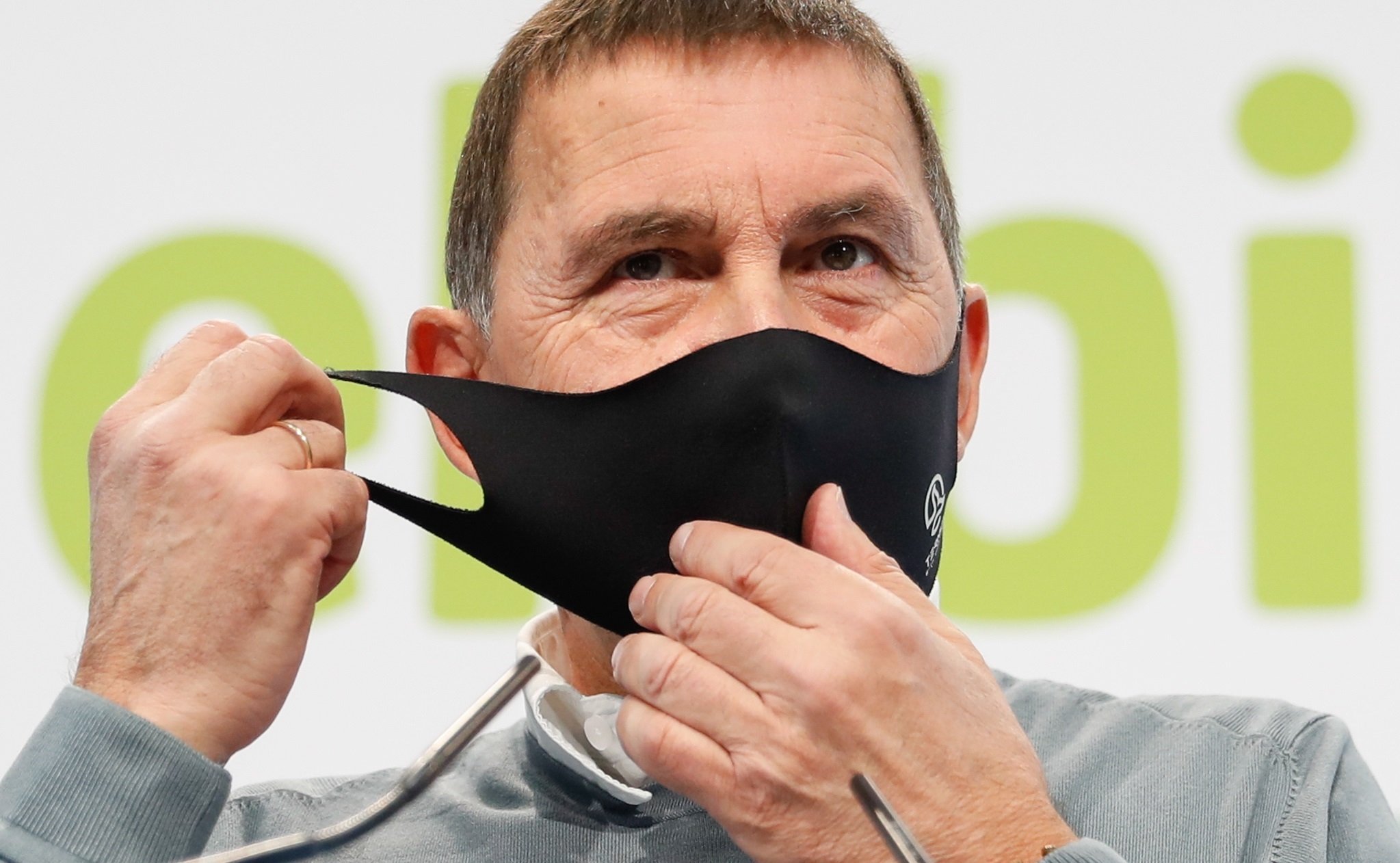The trial of Arnaldo Otegi will have to be repeated. This was ordered by Spain's Supreme Court on Monday, two years after a ruling by the European Court of Human Rights condemned Spain for failing to ensure a fair trial. The ECHR's decision came after Otegi, a leader of the abertzale (Basque nationalist) left-wing, had already served his full sentence of six and a half years in prison, between 2009 and 2016, without receiving any of the prison leave that is provided for under penitentiary regulations.
Thus, the full court of the Supreme Court's criminal chamber has unanimously ordered the repetition of the trial for the so-called Bateragune case in the country's National Audience court. The court affirms that today's decision is "in compliance with the ruling handed down by the European Court of Human Rights which found the right to an impartial judge of Arnaldo Otegi and the others found guilty to have been violated."
The 16 judges from Spain's top court justify the repetition of the trial via Article 4.2 of Protocol 7 to the European Convention on Human Rights, which according to the chamber "excludes the prohibition on being tried for the same offence in cases such as the one now resolved." They also base the ruling "on the precedents of jurisprudence from the chamber itself." Thus, the Supreme Court has ruled in favour of the arguments presented by Spanish public prosecutors, who demanded the repetition of the trial "to prevent the case from remaining without being tried".
The judge showed bias
Two years ago, the European Court of Human Rights ruled that Arnaldo Otegi had been convicted of terrorism in a trial that was unjust. This ruling from the Strasbourg court was in November 2018. But it was not until this July that Spain's Supreme Court overturned the ruling in the Bateragune case, in line with what Strasbourg had ordered. Otegi, current general coordinator of the Euskal Herria Bildu party had spent six and a half years in Logroño prison. The annulment of the sentence also invalidated the disqualification of the abertzale leader from holding public office, which was to be in force until 2021.
The case was taken to Strasbourg by Otegi's defence, which sought to clarify whether the action of the National Audience judge Ángela Murillo had violated his fundamental rights. The defence alleged that her impartiality was tainted by the prejudice shown in a previous trial against him. Specifically, it was alleged that during the earlier trial, centred on a tribute to the ETA terrorist leader Argala, the judge Murillo had asked Otegi if he condemned ETA terrorism and, in the face of his refusal to respond, the magistrate stated: "I knew you wouldn't answer that question."
The Bateragune case, which began in 2009, asserted that the defendants had tried to rebuild the Basque pro-independence party Batasuna, which had been declared illegal, under the orders of the now-dissolved ETA terrorist group. EH Bildu, to which some former Batasuna members belong, is one of the parties whose votes made possible the swearing in of Spain's current Socialist-Podemos government, as well as enabling the passing of this year's government budget.

